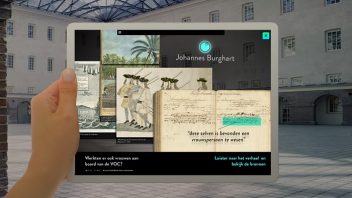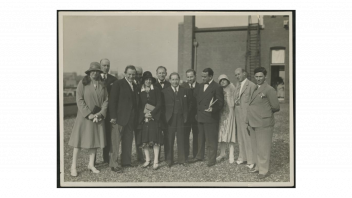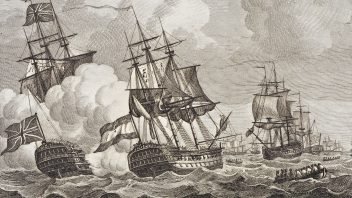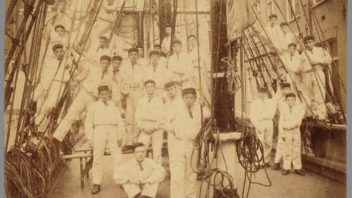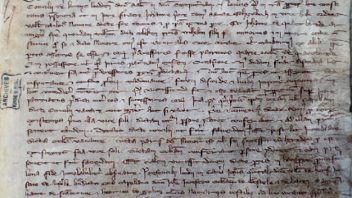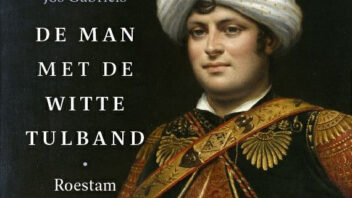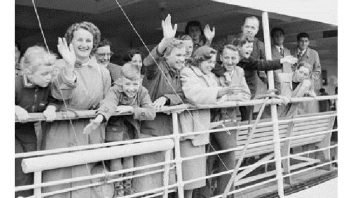LivesLab
In this research group, we examine individuals and groups who have been shaped by Dutch history and culture – in an international context – and who have in turn helped shape it, without distinction of origin or social status. We focus particularly on the Netherlands, but also consider former colonial territories outside Europe and the international context roughly in the period between the Late Middle Ages and the present.
We draw on a wide range of digital and analogue sources, including proprietary source publications and guides such as diaries, city archives, shipping archives, and biographical dictionaries. We see particular perspective in the digital linking of the various resources that are already accessible, such as the many different correspondences which, precisely in the combination of data, can also yield new possibilities of use.
Our research
- We combine our expertise in source access with traditional and modern (digital) research methods to analyse long-term developments in group processes.
We pay close attention to the lives of individuals in their specific context, in order to illustrate group processes, deepen them or arrive at new questions. We want to further develop this ‘serial qualitative’ type of research. It combines the possibilities offered by digital methods and the availability of large data sets with the broad social and academic interest in narrative descriptions of life.
Themes we will pay special attention to include social mobility, integration, sociability, career development, circulation of values and customs, networks and multiculturalism.
Ambition
Under the provisional title Onzichtbare Nederlanders Zichtbaar (Invisible Dutchmen Visible), LivesLab aims to act as a driver of an innovative, inclusive approach to biographical and prosopographical research on persons with a Dutch (colonial) connection in the broadest sense. With partners from inside and outside the KNAW Humanities Cluster, we will first develop a digital research infrastructure in this project. This will provide tools and data that researchers from the humanities and other fields can use to answer new research questions about individuals and groups. We also want to initiate research and social debate using this infrastructure.
Within our field of work, our research group has the ambition to develop into a leading research group in Dutch academia, with a broad appeal to society.


